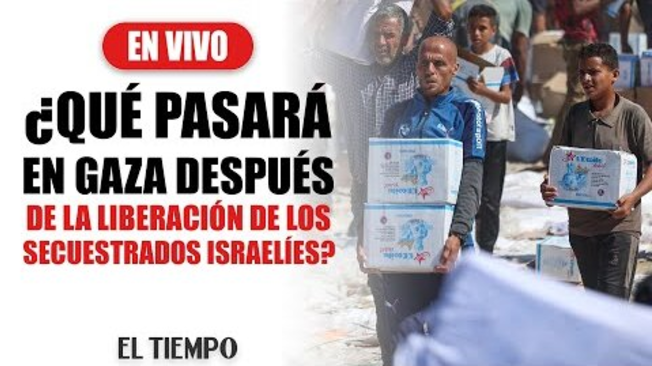President Gustavo Petro announced that he will resume talks with the ELN with the aim of resuming the peace process with the guerrillas, which has been stalled since January 2025, when the group began a war in Catatumbo, which unleashed an unprecedented humanitarian crisis in the region.
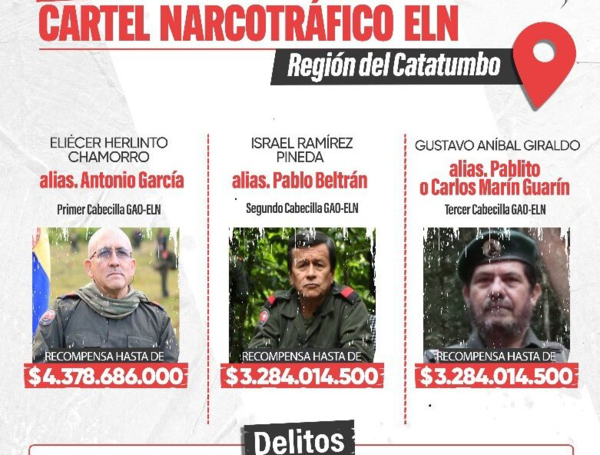
"I have initiated contacts with the 'Gulf Clan' with the intermediation of the Qatari government. It is time to restart contacts with the ELN. I respond to Mr. Pablo Beltrán. Try the peace of Colombia. You don't need to destroy an entire city and kill 70,000 people to carry out a humanitarian exchange," President Petro stated this Monday, October 13, on his account on the social network X.
A few weeks ago, guerrilla leader Pablo Beltrán called on President Petro to move forward with the goal of ending the conflict, but as of Monday, no response had been provided by the Executive Branch.
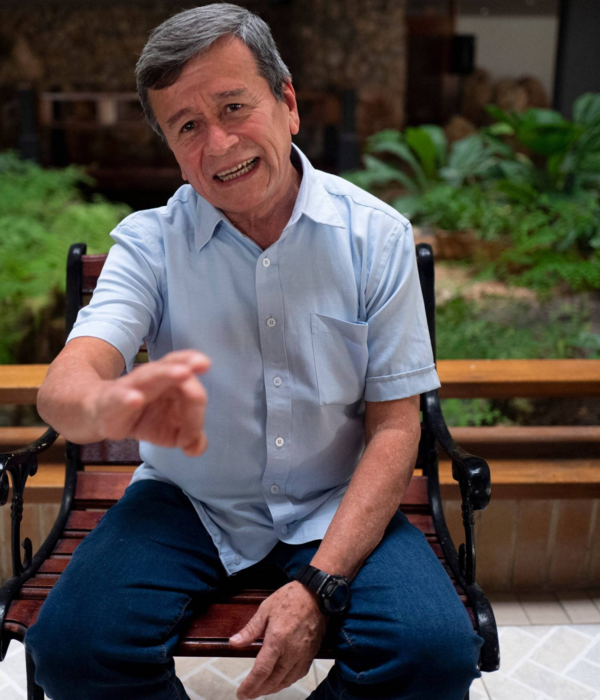
“We have to look at how to end the armed conflict, but also how to agree on transformations that change the causes that generate the conflict,” said Beltrán, adding that the guerrillas have “the idea that it is possible to reach agreements and arrive at a political solution.”
What happened to the peace talks with the ELN?
President Gustavo Petro himself ordered the suspension of the peace process with the ELN due to the guerrilla group's lack of willingness. During this process, the group has grown stronger and has attacked the security forces and other terrorist groups, such as the FARC dissidents, who were attacked after the transfer of troops from Arauca to Catatumbo, an event that caused the mass displacement of more than 60,000 people.
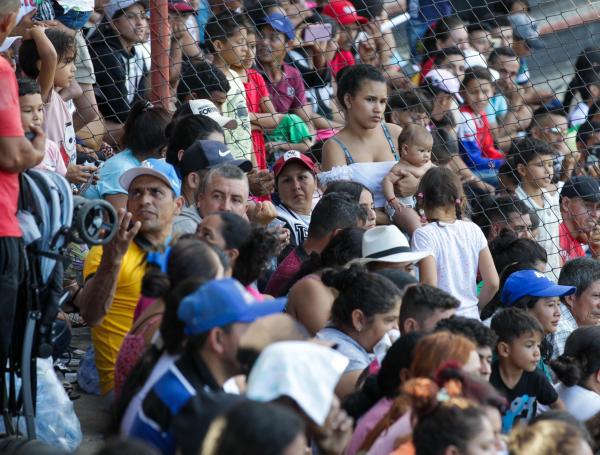
"What the ELN has committed in Catatumbo are war crimes. The dialogue process with this group is suspended. The ELN has no desire for peace," the head of state asserted at the time, making the decision after more than two years of progress in the process.
Specifically, the Peace Commissioner, Otty Patiño, had spoken two weeks ago with this newspaper about the possibility of resuming the process with the terrorist group and insisted that there should be commitments that demonstrate the will to close the process.
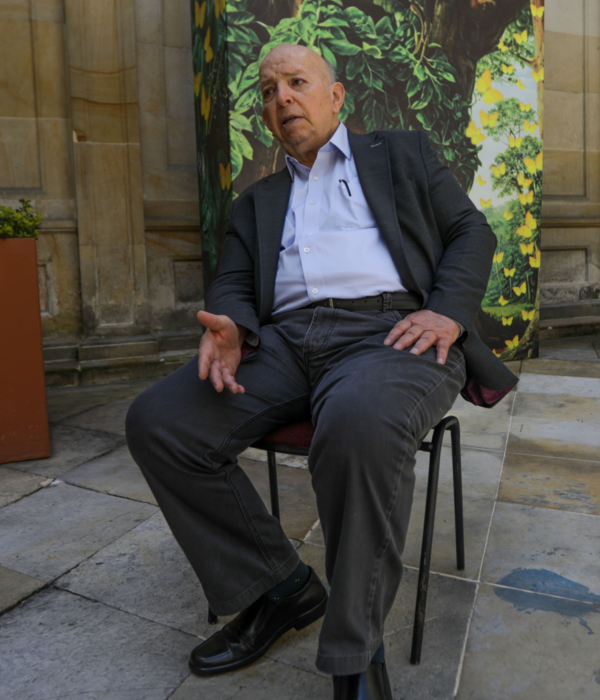
"To the extent that humanitarian agreements are reached that eliminate these types of practices, we could have a certain rationality in the conversations. We hope that, at the very least, new paths will open. They have stated that they agree with what has already been done in Quito and Mexico, and that from there we can continue developing the conversations, which of course have a political nature; with them it is a sociopolitical table," said Patiño in the conversation.
The Commissioner added that"we cannot ignore that, during this time, they have committed atrocities such as those that occurred in Catatumbo, where they murdered many people, disappeared thousands, and displaced entire communities. If we fail to establish a minimum agreement on the behavior of this group in that region, it will be very difficult to move forward. Otherwise, we would be conceding or legitimizing abuses against the population that are in no way valid or legitimate."
